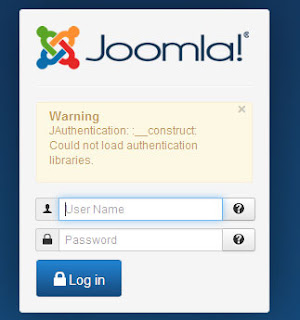
- To better understand the difference, you have to know the syntax with example of echo() and print(). Syntax of echo() :
void echo ( string $arg1 [, string $... ] )
- Example of echo():
1
2
3
4
5
6
7
8
9
10
11
12
13
14
15
16
17
18
19
| <?php
echo ("The quick brown fox.");
echo "The quick brown fox.";
$dept_name="HR";
echo "My department name is :$dept_name";
echo"<p>
Another message 1 Another message 2
Another message 3
</p>";
?>
|
- Syntax of print()
int print ( string $arg )
- Example of print():
1
2
3
4
5
6
7
8
9
10
11
12
13
14
15
16
17
18
19
| <?php
print("The quick brown fox.");
print "The quick brown fox.";
$dept_name="HR";
print "My department name is :$dept_name";
print"<p>
Another message 1 Another message 2
Another message 3
</p>";
?>
|
- echo() is used to output one or more strings print() is used to output a string.
- Both echo() and print() are not actually a real function, it is a language construct.
- So you are not required to use parentheses with its argument list.
- echo() can take more than one parameter when used without parentheses.
- print() only takes one parameter.
- echo() is not a real function ,so it does not return any value. Though print() is also not a real function, but it will always returns 1.
- echo() has a shortcut syntax, this short syntax only works if the short_open_tag configuration setting on php.ini is enabled.
- Example of short_open_tag:
1
2
3
4
5
6
7
| <?php
$blog_address="http://shafiq2410.wordpress.com/";
?>
<p>My Blog address is: <a href="<?=$blog_address?>" target="_blank"><?=$blog_address?></a></p>
|
PHP & MySQL: Novice to Ninja: Get Up to Speed With PHP the Easy Way












